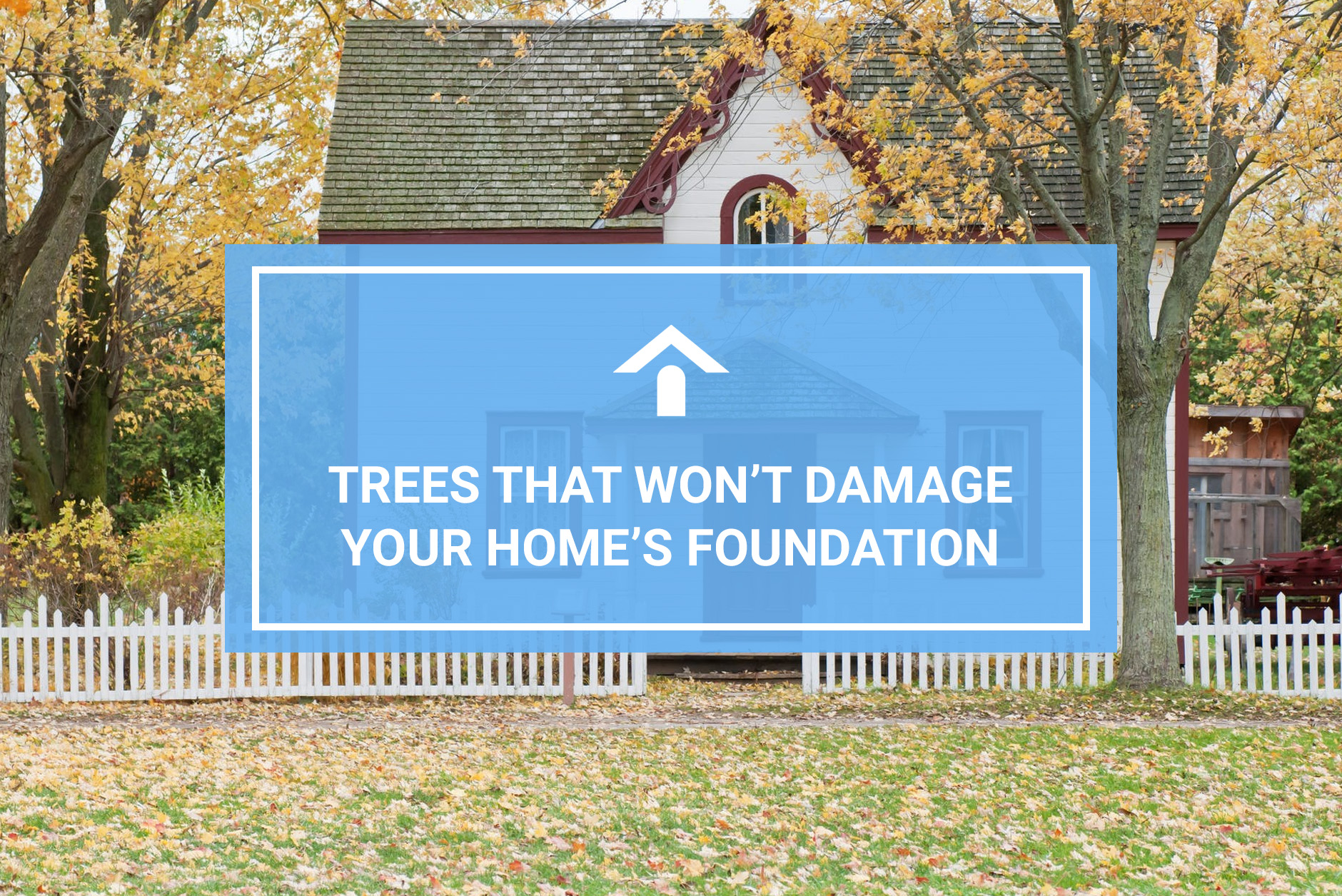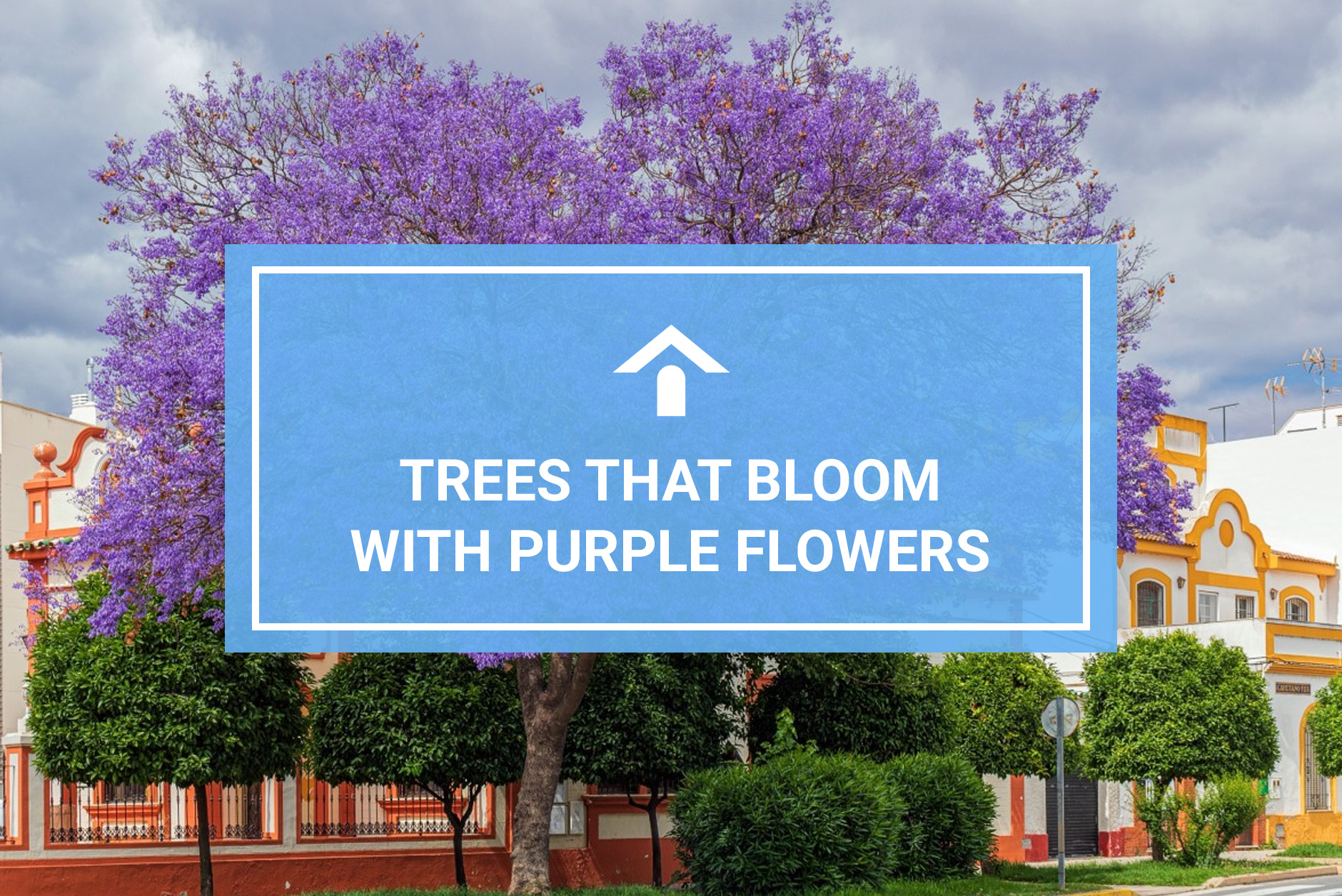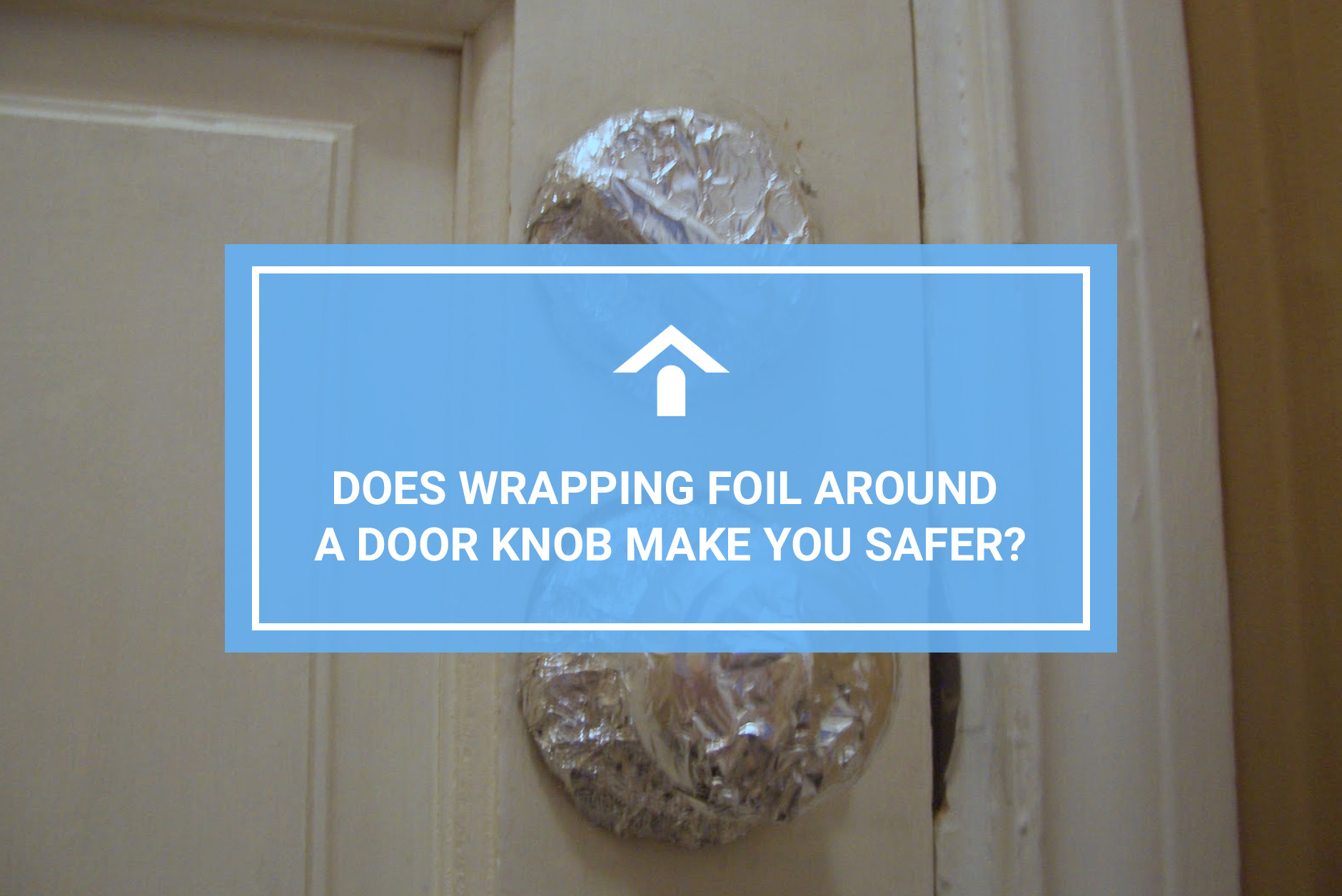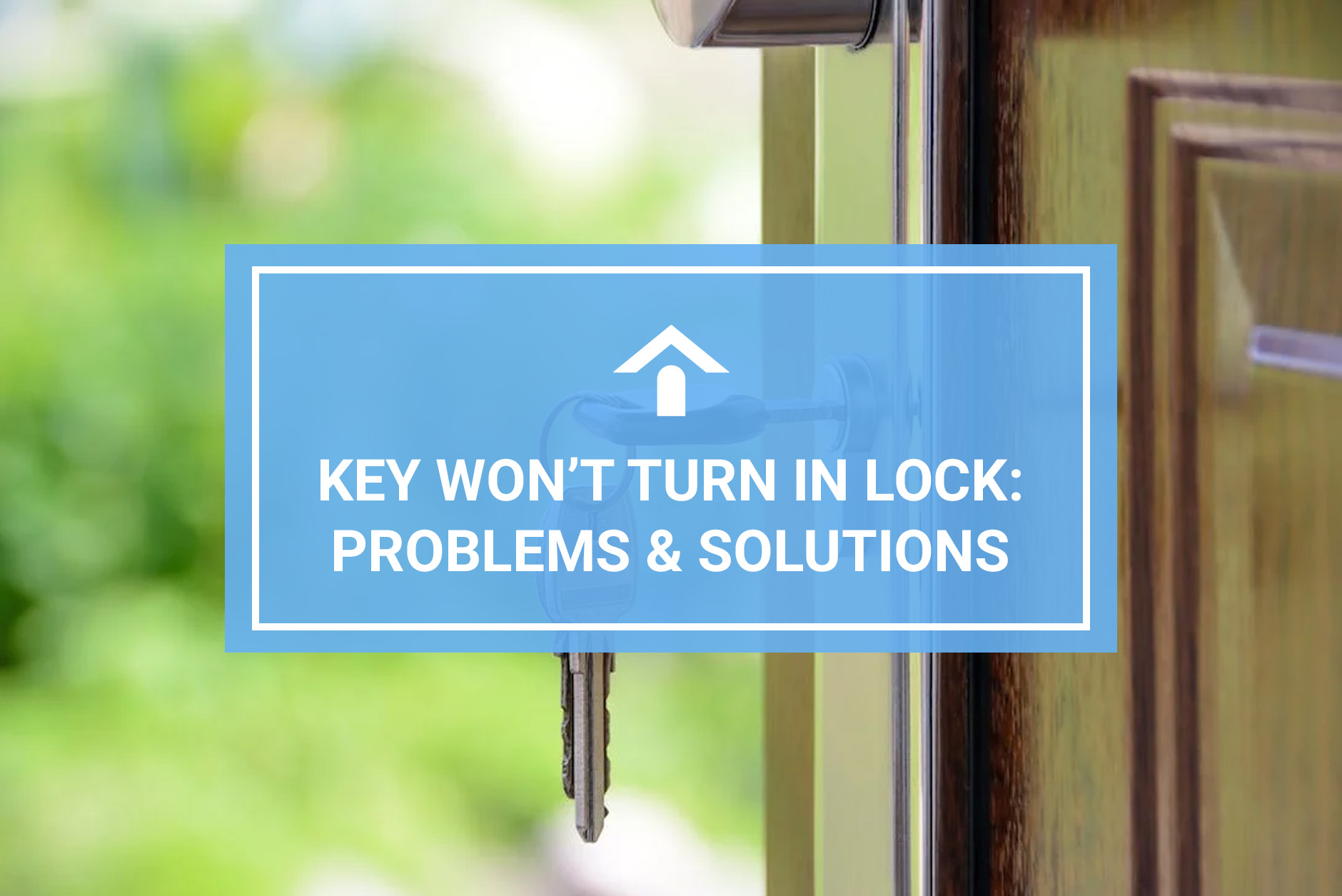Trees are a great addition to any home, but they can also damage your foundation if you plant the wrong kind too close to your home. In this blog post, we outline trees that won’t damage your foundation and provide some helpful tips on how to plant trees without risking major structural damage. Read on to learn everything you need to know.
How Tree Roots Can Damage Your Foundation
Tree roots can grow anywhere from a few inches to over three feet in length, and they can extend up to twice the diameter of the tree’s canopy. Tree roots are constantly seeking moisture, so if your home is near trees, there’s a good chance that the trees’ roots will eventually find their way to your foundation. Once the tree root comes into contact with your foundation, it can start to erode the nearby soil and damage the concrete of the foundation.
If you’re concerned about how trees might be affecting your home’s foundation, take a look at these telltale signs that you may have a problem:
- Cracks in exterior brick or mortar
- Separation between wall surfaces and doors or windows
- Uneven floors
- Doors or windows that are difficult to open or close
- Foundation settlement
If you’re experiencing any of these signs and you have the wrong kind of trees planted close to your home, it’s possible that tree roots caused foundation issues for your home.
How to Plant Trees Without Damaging Your Foundation
Planting trees near your home doesn’t have to mean risking damage to your foundation. Here are a few tips for planting trees without putting your home at risk:
- Choose the right kind of trees. Not all trees are created equal when it comes to their potential to damage foundations. (We’ll provide plenty of choices below!)
- Plant trees away from your home. If you can’t avoid planting trees close to your home, try to plant them at least 10 feet away from your foundation. This will help keep the tree’s roots from coming into contact with your house.
- Install a root barrier. A root barrier is a fabric or plastic sheet that is installed around the base of a tree to prevent its roots from spreading outward and contacting your home’s foundation.
Trees That Won’t Damage Your Foundation
As a homeowner, you probably worry about the effect of every single decision you make on your home’s safety and value. Trees can easily damage your home’s foundation, so it’s normal to be worried about planting more trees around your home. But this is a problem that has plenty of solutions — dozens of trees won’t damage your foundation. Explore the complete list below.
Amur Maple
Amur maple trees won’t damage your home’s foundation. These trees are also very easy to take care of and can grow in a variety of climates. Amur maple trees can reach heights of up to 30 feet, making them the perfect addition to any yard or landscape. They produce an abundance of yellow and green flowers each spring that will brighten up any space. These trees are also great for providing shade in the summer months.
If you’re looking for a beautiful and easy-to-care-for tree, then the amur maple is the right choice for you.
American Holly
American holly trees are a beautiful addition to any landscape. At mature heights of up to 50 feet, they can provide shade in the summertime and grow best in zones five through eight. They can produce red berries that add a nice pop of color to any yard. The best part? They won’t damage your home’s foundation.
American Hornbeam Trees
Also called blue beech trees, American hornbeam trees have a dense, upright growth habit, which makes them perfect for smaller areas. American hornbeam trees are also known as musclewood because of the way the bark looks on older trees. The bark has a smooth, light-gray color and an almost waxy appearance.
The American hornbeam is a medium-sized tree that typically grows from 40 to 60 feet tall, with a spread of 20 to 30 feet. It has lustrous dark green leaves that turn yellow in the fall. The fruit of the American hornbeam is a small, dark blue berry.
If you would like to have this tree in your yard, plan ahead. The American hornbeam is a slow-growing tree. It can take from 20 to 30 years to reach its full size. It is tough and adaptable, and it grows well in many soil types, but this tree prefers moist, acidic soils.
Australian Willow Tree
Australian willow trees are great trees to plant near your home. Not only do they provide shade and beauty, but they also won’t damage your home’s foundation. Australian willow trees can grow up to 60 feet tall, so be sure you have plenty of space for them before you plant! These trees are deciduous, meaning they will lose their leaves in the winter. Australian willow trees are also drought-tolerant, meaning they can survive in dry climates. If you’re looking for a beautiful and durable tree, consider planting an Australian willow tree!
Bronze Loquat Tree
Bronze loquat trees are known for not damaging a home’s foundation. This is a great addition to any yard because it doesn’t take up much space and it provides shade in the summertime. Another added bonus of having a bronze loquat tree in your yard is that you will have delicious fruit to eat all year long! The trees are deciduous, meaning they lose their leaves in the winter. This can be a bit of a downside if you are looking for trees that provide shade all year long. But the upside is that you will know when it is time to prune your tree.
Chinese Pistache
Chinese pistache trees don’t damage foundations. They are drought-tolerant and have a beautiful fall color. Chinese pistache is a deciduous tree with compound leaves made up of 11 to 23 leaflets. The bark is gray and scaly. The fruit is a small, brown nutlet. This tree grows best in full sun or partial shade and well-drained soil. It is drought-tolerant and resistant to pests and diseases.
Use Chinese pistache trees as a specimen tree, for shade, or in a naturalized area. They are beautiful trees that add color to the landscape in fall.
Citrus Trees
Citrus trees are a great addition to any home and can grow in a variety of climates. Citrus trees come in many shapes and sizes, so there is sure to be one that will fit your needs. They provide shade and produce delicious and healthy fruit.
Crabapple Trees
Crabapple trees are a beautiful addition to any yard and can be used for landscaping purposes. Crabapple trees grow best in areas that have full sun exposure and well-drained soil. They also produce lovely pink flowers in the springtime. If you’re looking for a tree that doesn’t damage your home’s foundation, then a Crabapple tree is a great option.
Crabapple trees are also a great choice for homeowners who want to attract wildlife to their yard. These trees provide food and shelter for birds and other small animals. Their crabapples can also be used to make jelly, cider, or sauce.
Crape Myrtle
Crape myrtle is a beautiful tree that can be found in many yards across the United States. People often ask whether this tree will damage their home’s foundation. The answer is no! Crape myrtle does not have a deep root system and will not cause any damage to your home.
Crape myrtle is an excellent choice for those looking for a fast-growing, drought-tolerant tree. It can reach heights of up to 30 feet tall and has pink or white flowers that bloom in the summertime. This tree makes a great addition to any yard.
Dwarf Plum Tree
Dwarf plum trees are a deciduous tree that typically grows to be about 15 to 20 feet tall, making it the perfect size for smaller yards. Unlike many other fruit trees, the dwarf lum tree will not damage your home’s foundation. This tree is hardy in zones five through eight and produces sweet plums in late summer. A dwarf plum tree is an excellent choice for homeowners who want to add some color and produce to their yard.
English Holly
English holly is a slow-growing tree that typically reaches heights of 20 to 30 feet, with a spread of 15 to 20 feet. It is a long-lived tree, potentially reaching 150 years old. The English holly tree grows best in full sun but will also grow in part shade. This tree does not damage your home’s foundation. The English holly tree has dark green leaves and produces red berries that birds love. The berries are also poisonous to humans (potentially not kid-friendly). This tree is a great choice for any landscape.
European Cornel
The European cornel tree is a deciduous tree that typically grows to heights of 30 to 40 feet. It is a slow growing tree that won’t damage your home’s foundation. The European cornel tree has green leaves with prominent veins and produces small white flowers in the springtime. This tree is tolerant of drought and urban pollution, making it an ideal choice for city landscapes. The European cornel tree is also beneficial to wildlife, providing food and shelter for birds and other animals.
Florida Maple
Also known as southern sugar maple trees, Florida maple trees are a great option for homeowners in the Southern United States. These trees will not damage your home’s foundation and provide plenty of shade in the summer. In addition, Florida maple trees are drought-tolerant and can thrive in sandy soils. For these reasons, they make an excellent choice for yards near the coast.
Florida maple trees grow up to 50 feet tall and have a rounded crown with clusters of small leaves. The bark is gray and smooth when young, but it becomes furrowed with age. Flowers appear in early spring before the leaves emerge.
Flowering Dogwood
Flowering dogwood trees will not damage your home’s foundation. These trees are grown in many yards across the United States and people enjoy their beauty every autumn when they change colors. The flowering dogwood is a beautiful tree that has white flowers in the springtime and red leaves in the fall. You can find this tree at your local nursery or garden center.
Fraser Photinia
Fraser photinia is a shrub that is known for its beautiful foliage. It grows in a variety of climates and won’t damage your home’s foundation. Fraser photinia can be used to create hedges or privacy screens, and it makes an excellent addition to any garden. Its dark green leaves are glossy and make a statement all year long. Fraser photinia is also drought-tolerant, so you don’t have to worry about giving it too much water. If you’re looking for an attractive shrub that doesn’t require a lot of maintenance, fraser photinia is the perfect choice!
Hollywood Juniper
Hollywood juniper is a type of juniper that is native to the United States. It grows best in hardiness zones five through nine. Hollywood juniper won’t damage your home’s foundation and can be used to form a windbreak or privacy screen. Hollywood juniper is also drought-tolerant and deer-resistant. This evergreen tree can grow up to 30 feet tall and has dark green needles. The berries on Hollywood junipers are edible, but they should not be eaten by pregnant women or children. A Hollywood juniper makes an excellent addition to any landscape.
Japanese Maple
Japanese maple is a beautiful tree that can bring life to any yard or home. Unlike other trees, a Japanese maple will not damage your home’s foundation. This tree can grow up to 25 feet tall and has broad leaves that turn from green to shades of orange and red in the fall. If you are looking for a beautiful, low-maintenance tree, then Japanese maple is the perfect choice.
Redbud
Redbud trees are a beautiful addition to any home. Not only are they aesthetically pleasing, but they also won’t damage your home’s foundation. Redbud trees are known for their pink and purple flowers, which bloom in the early spring. They can grow up to 30 feet tall and make a great shade tree. If you’re looking for a fast-growing tree that doesn’t require much care, then the redbud may be the right call.
Redbuds can be found throughout most of the United States. They thrive in areas with moderate climates and well-drained soil. Planting a redbud tree is a great way to add curb appeal to your home and help improve air quality, too.
Red Tip Photinia Tree
Red tip photinia trees are beautiful landscape trees that also won’t harm home foundations. They grow slowly and have a long life span. These trees can reach heights of 30 to 50 feet tall with a spread of 20 to 25 feet wide. The foliage is dark green, and the branches are covered in red tips from winter to early spring. Red tip photinia trees make a great addition to any landscape and can be used for privacy screening or as a shade tree. These trees grow best in zones six through nine, but they can be planted in zones four through 11 with proper care. They prefer full sun but will tolerate light shade.
Star Magnolia Tree
Star magnolia trees are a great choice for your home’s landscape. Not only are they beautiful, but they also won’t damage your home’s foundation. Star magnolia trees grow best in zones six through nine and prefer full sun or partial shade. They can reach heights of up to 30 feet tall and have a spread of 20 feet. These trees are also drought-tolerant and resistant to pests and diseases.
Miniature Cherry Tree
Miniature cherry trees are small trees that typically grow to be about six to eight feet tall. They make perfect ornamental trees for smaller yards, and they won’t damage your home’s foundation. Miniature cherry trees can be used as both a shade tree or a fruit tree. The most popular variety of miniature cherry tree is the Royal Ann, which produces sweet, red cherries. Miniature cherry trees are hardy in zones five through nine, and they grow best in full sun or partial shade.
Miniature Apricot Tree
If you’re looking for a small tree that won’t damage your home’s foundation, look no further than the miniature apricot tree. These trees grow to be only about eight feet tall and six feet wide, making them perfect for any size yard. Plus, their fragrant flowers will add a touch of color to your landscape.
Miniature apricot trees are a great option for gardeners in colder climates, as they can withstand temperatures down to -20 degrees Fahrenheit or lower. They’re also drought-tolerant, so you won’t need to water them often. These trees grow best in full sun, but they can also tolerate partial shade.
Miniature Orange Tree
Miniature orange trees are small enough that you can have them indoors, and if you plant them outside, they will not damage your home’s foundation. But really, these plants thrive in containers and can even be grown in a sunny spot near a window. Miniature orange trees are ideal for small spaces, as they only grow to about two feet tall. These trees produce sweet oranges that can be eaten fresh or used in recipes.
Miniature Plum Tree
Miniature plum trees will not cause any damage to your home’s foundation. In fact, they can even help improve your home’s foundation by aerating the soil . Miniature plum trees are a great choice if you’re looking for a small tree that doesn’t require a lot of maintenance.
Miniature plum trees make beautiful additions to any garden and can be used for both ornamental and edible purposes. The fruit from these trees is small, but it’s delicious! You can use the fruit in pies, jams, and jellies.
Malus ‘Adams’ Tree
The Malus ‘Adams’ tree is a hardy ornamental tree that is prized for its ability to grow near homes without damaging foundations. This tree grows in zones four through eight and reaches a height of about 25 feet. The Malus ‘Adams’ tree is known for its deep red color in the fall, making it an attractive addition to any landscape. This tree is also resistant to disease and pests, making it a low-maintenance option for any yard. If you are looking for a beautiful and hardy tree that will not damage your home’s foundation, the Malus ‘Adams’ tree is the perfect choice.
Olive Tree
Olive trees are a great addition to any yard. Not only do they provide shade and fresh fruit, but they also won’t damage your home’s foundation.
Olive trees are an evergreen tree that can grow up to 40 feet tall. They have dark green leaves and small white flowers. Olives start growing on the tree in late summer and are ready to harvest in the fall.
Olive trees are a great choice for homeowners who want a tree that doesn’t require a lot of maintenance. They don’t require regular pruning and only need water during periods of drought. Olive trees can also tolerate poor soil conditions and urban pollution.
Pawpaw Trees
Pawpaw trees fit nicely in just about any yard. Not only do they provide shade and fresh fruit, but pawpaw trees also won’t damage your home’s foundation. Pawpaw trees are the perfect size for most yards, and they can be planted in either full sun or partial shade.
Pawpaw trees are a native tree found in the Eastern United States. They grow up to 30 feet tall and produce a sweet, tropical-tasting fruit. Pawpaws are great for fresh eating, baking, or freezing.
Pine Trees
Pine trees are a great option for your home’s landscape. They are an evergreen tree that will not damage your home’s foundation. Pine Trees grow in many areas of the United States. They have long needles and cones that make them a beautiful addition to any landscape. There are several varieties of Pine Trees, so be sure to choose the one that is best for your area.
Skyrocket Juniper
Skyrocket juniper trees are an excellent choice for homeowners looking to add some greenery to their home’s landscape. Unlike other trees, skyrocket juniper trees will not damage your home’s foundation. In fact, they can even help protect it from wind and water erosion!
Skyrocket juniper trees are also a great choice for those looking for a fast-growing tree. They can grow up to two feet per year and reach heights of up to 30 feet. This makes them an excellent choice for homeowners looking for privacy or shade.
Trident Maple
Trident maple trees are a great option if you’re looking for a tree that won’t damage your home’s foundation. They typically grow to around 25 to 35 feet tall, so they’re perfect for smaller yards. Trident maple trees are also one of the fastest growing maple trees, so they can quickly add some much-needed shade to your yard.
Trees That Shouldn’t Be Planted Anywhere Near Your Foundation
We have now covered dozens of trees that won’t damage your home’s foundation, so let’s look at the issue from another angle. Which trees will damage your foundation if you plant them too close to your home?
Trees that have aggressive root systems and roots that like to grow out rather than down tend to be the worst offenders. .
If you’re worried about damage to your home’s foundation, some trees to avoid include the following:
- Silver maple
- White ash
- American elm
- Weeping willow
- Oak
- Poplar
- Cottonwood
- Aspen
- Norway maple
If you have any of these trees near your home, it is best to remove them before they cause any damage. Additionally, if you suspect foundation damage or breaching by a tree root, excavate around a foot into the soil in the area you suspect and next to your foundation. You may be able to prevent damage if you find the offending root and cut it.
Trees That Won’t Damage Your Foundation: FAQs
Even with a complete list of trees that won’t cause damage to your foundation in hand, you may still have questions. Below, we have the answers.
What tree can be planted near a home?
Any of the trees in the above list can be planted near your home without too much concern over potential damage to your foundation. However, it’s always a good idea to consult a foundation expert or arborist to make sure the specific type of tree you have selected is going to be safe in your unique situation.
Which type of tree has the least invasive roots?
Only select tree species have truly invasive roots, but some trees’ root systems are less invasive than others. Trees that have particularly non-invasive roots include the eastern redbud, crabapple trees, star magnolia, and serviceberry trees.
Should I cut down trees that are close to my house?
Not necessarily. Even if the type of tree that is close to your house is known for damaging home foundations, it is possible that the roots have already redirected themselves to avoid damaging your foundation. A foundation expert or arborist may be able to help you confirm this.
What are alternatives to trees that I can plant near my foundation?
Most types of roots can theoretically damage a foundation, but some plants are so small or have such non-invasive roots that this becomes much less of a concern. Some non-tree plants that are known to be safe to plant near foundations include hostas, switchgrass, ornamental onions, and catmint.
Can shrubs damage my home’s foundation?
In some cases, the roots of shrubs can cause damage to foundations. Many shrubs are safe to plant near your home, however. Consult a foundation repair expert or arborist before planting any medium to large shrub too close to your home.
Can tree roots break through concrete?
Tree roots can break through solid concrete, but they usually will not do so unless there is an opening for them to exploit. In other words, roots will usually redirect around a hard object like a pipe or concrete foundation unless they encounter an existing crack or hole to grow into. Once they grow into the existing hole or crack, they expand and make the problem much worse.
What Should You Do If Your Foundation Is Damaged?
If your foundation is damaged — by a tree or anything else — you should take action before the problem gets worse. Foundation damage can lead to other problems with your home, such as water infiltration and roof leaks. Addressing the issue promptly can avoid further damage.
Foundation repairs can be expensive, but they are necessary for ensuring the safety of your home. Contact a foundation repair contractor to learn more about repairing or replacing your foundation.
If you are unable to afford foundation repairs, you may be able to receive financial assistance from the government or private organizations. Contact your local housing authority or community development agency for more information.






